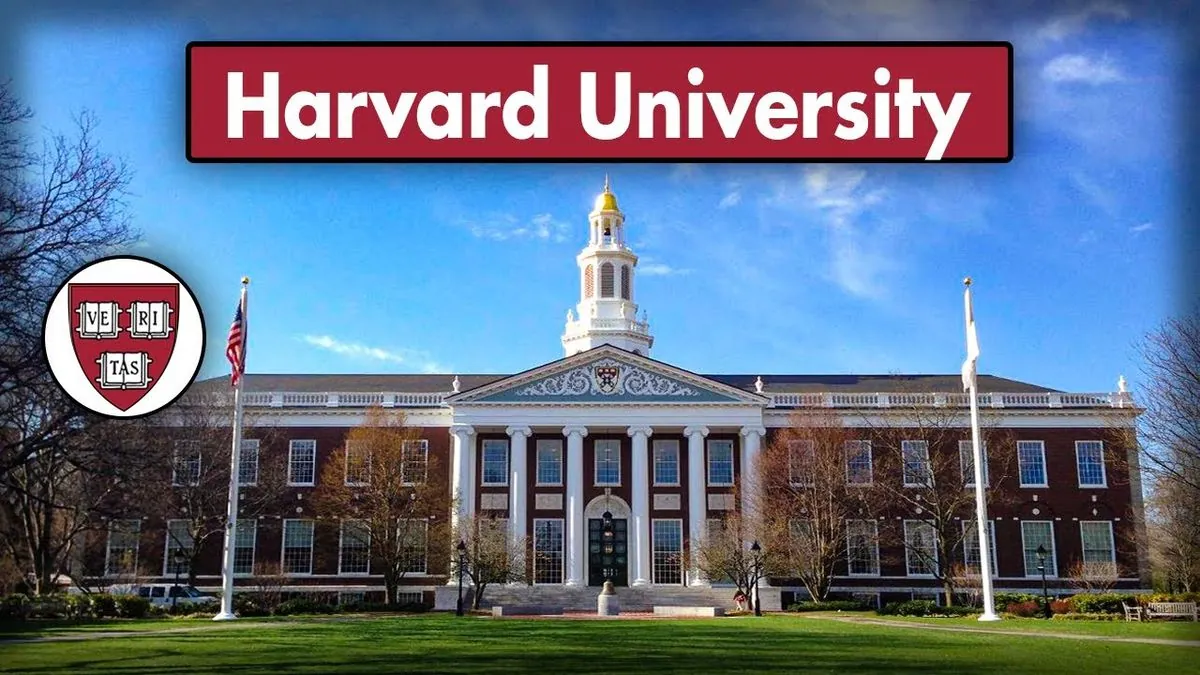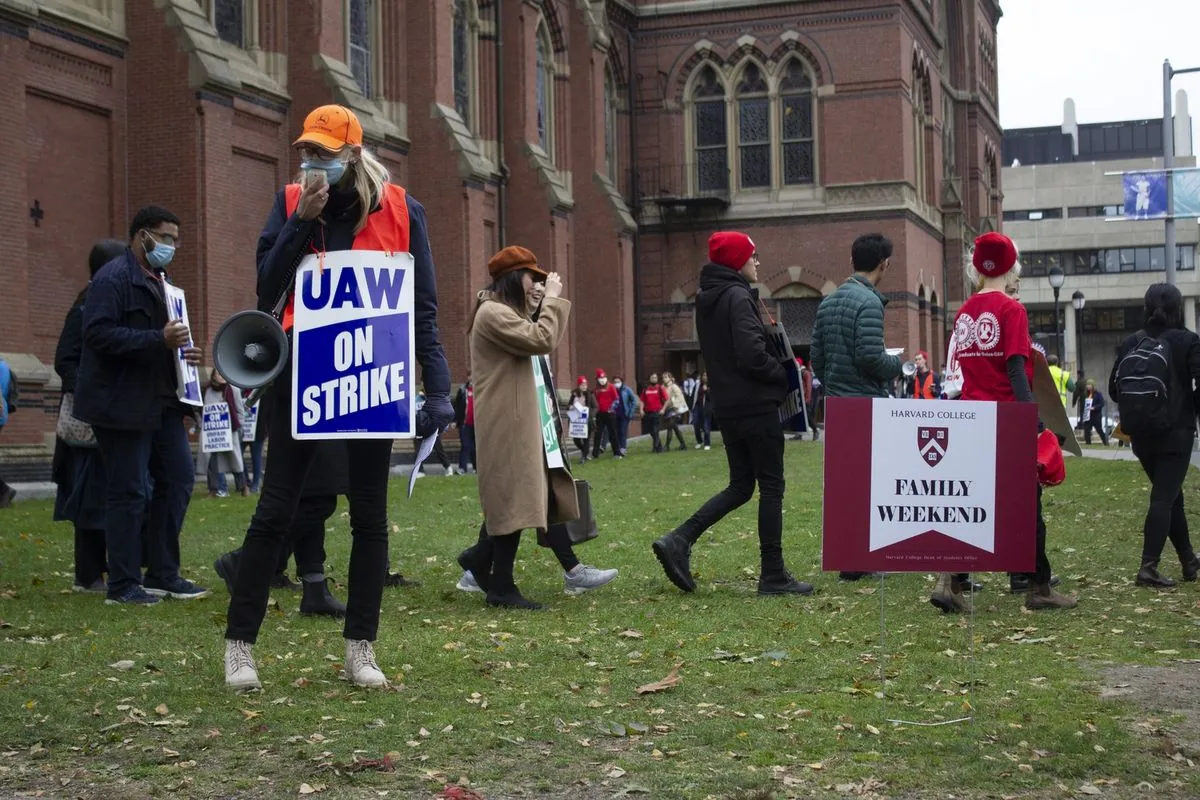Harvard Faces Lawsuit Over Alleged Campus Antisemitism
A U.S. judge has allowed a lawsuit against Harvard University to proceed, citing plausible allegations of inadequate response to antisemitic incidents on campus. The case highlights ongoing concerns about discrimination in higher education.

Harvard University, the oldest institution of higher learning in the United States, founded in 1636, is currently embroiled in a legal battle over allegations of antisemitism on its campus. A federal judge has recently declined to dismiss a lawsuit filed by Jewish students, marking a significant development in the ongoing discourse about discrimination in academic settings.
U.S. District Judge Richard Stearns found merit in the plaintiffs' claims, stating that the facts presented suggest Harvard "failed its Jewish students" in its response to on-campus incidents. This decision allows the case, initiated in January 2024, to move forward, potentially setting a precedent for how universities address discrimination complaints.
The lawsuit accuses Harvard of selectively enforcing its anti-discrimination policies, effectively neglecting to protect Jewish students from harassment. Additionally, the plaintiffs allege that the university hired faculty members who supported anti-Jewish violence and disseminated antisemitic propaganda.

Judge Stearns expressed skepticism towards Harvard's argument that some of the challenged on-campus activities were protected under the First Amendment of the U.S. Constitution. This stance raises questions about the balance between free speech and the responsibility of educational institutions to maintain a safe environment for all students.
The legal action seeks an injunction to halt Harvard's alleged violations of Title VI of the Civil Rights Act of 1964. This landmark legislation prohibits recipients of federal funds from allowing discrimination based on race, religion, and national origin.
Harvard, known for its prestigious status and significant influence in higher education, boasts the world's largest academic endowment, valued at $50.9 billion as of 2022. The university has produced eight U.S. presidents and 161 Nobel laureates, highlighting its historical importance and global impact.
As the case progresses, it may have far-reaching implications for how universities across the United States address issues of discrimination and protect minority students. The outcome could potentially influence policies and practices in higher education institutions nationwide.
"We believe this case will set a crucial precedent for combating antisemitism on college campuses. Our clients deserve a safe and inclusive learning environment, free from discrimination and harassment."
This legal challenge comes at a time when Harvard continues to be one of the most selective universities globally, with an acceptance rate of just 3.41% for the class of 2027. The university's response to these allegations and the court's eventual decision will be closely watched by academic institutions, civil rights advocates, and students across the country.


































